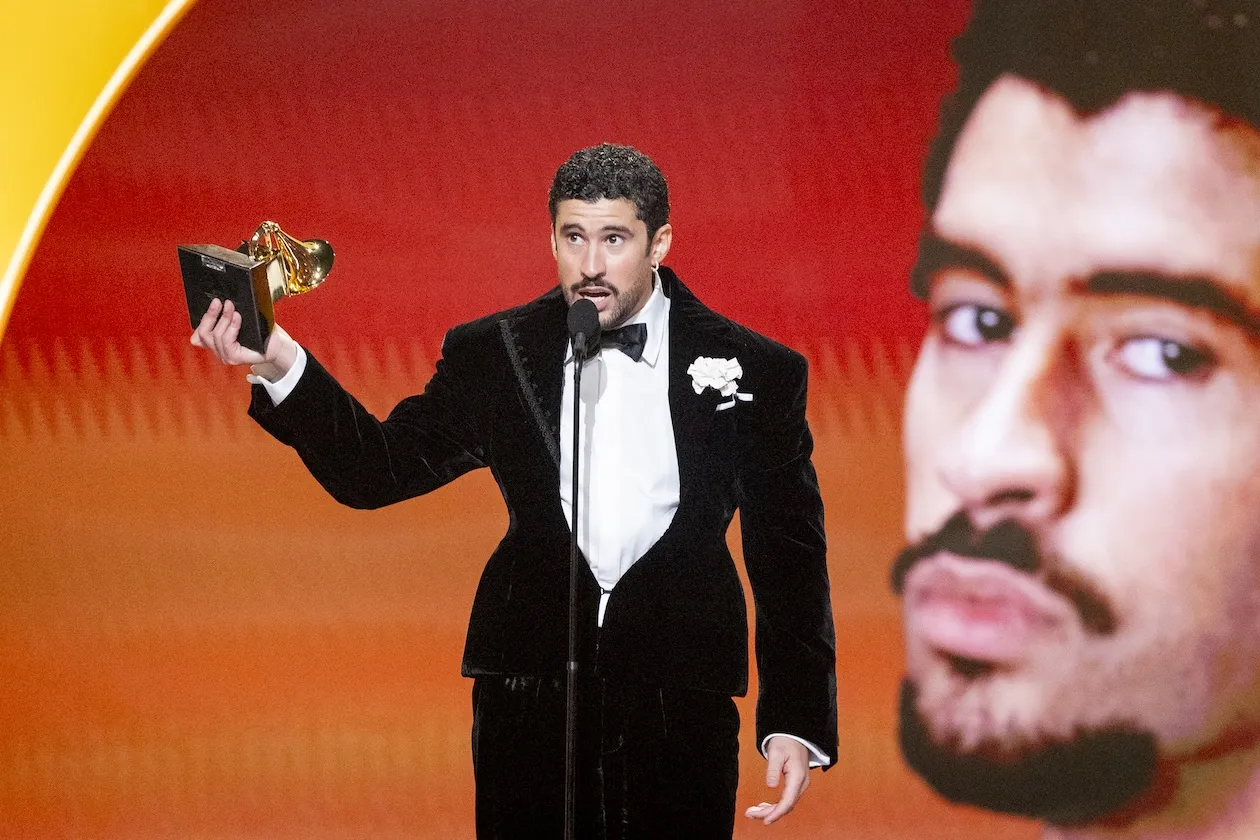Prince Once Pulled a ‘Willy Wonka’ and Hid Free Concert Tickets in His Albums but It Wasn’t His First Experiment
Fans might not know that Prince and Willy Wonka have a lot in common. They both loved purple overcoats, sweets, being weird and mysterious, singing music, and hiding tickets to special events in their favorite things for fans to find. Yes, Prince took a page from Willy Wonka’s book and hid purple (not gold) tickets to a free concert in his albums. But that wasn’t the first time the Purple One experimented with tours and ticket sales.

Prince hid 14 purple tickets to a free concert in his album ‘3121’
In 2006, Prince teamed up with Universal for a marketing project that hoped to boost the sales of Prince’s newest album at the tie, 3121. It took inspiration right from the titular character in Roald Dahl’s Willy Wonka and the Chocolate Factory.
According to Chief Marketer, Universal hid 14 purple tickets to a free, private concert at Prince’s LA home, dubbed An Evening With Prince, in the sleeves of seven albums in the U.S. and seven internationally.
For fans who didn’t want to buy a physical copy of the album, Universal allowed consumers to enter to win seven digital tickets to the performance through Apple’s iTunes online music store.
On top of that, fans who downloaded the two-track e-single Black Sweat from iTunes, which contains Black Sweat by Prince and Beautiful Loved and Blessed by Tamar, were entered into the An Evening With Prince sweepstakes, which was open to consumers 18 and older.
“For core Prince fans, this is a great way to get closer to Prince… and other fans,” Dorothy Hui, director of new media, Universal Motown Records Group, said. “[This is] something that is once in a lifetime.”
In total, there were only 21 tickets released through the various platforms. However, this wasn’t the first time Prince experimented with his tour and album sales.
The Purple One sold albums with concert tickets for his 2004 album, ‘Musicology’
Prince had a very busy 2004. First, he opened the Grammys with a memorable performance with Beyoncé. Then, he gave an even more iconic show at his Rock & Roll Hall of Fame induction. You remember his three-minute solo. However, the most important part of that year was Prince’s Musicology tour, which was one of his most successful, partly due to how he marketed it.
The artist released the album in April. Later, Prince announced that everyone who bought a ticket to the tour would also get a copy of the album. Prince included the album’s cost in the ticket price for the tour. It not only helped him sell out 88 shows across the U.S., but it also drove the album’s success. Finally, Prince had another hit record. Musicology made $87.4 million.
“I am really an artist and a musician at heart, that’s what I do,” Prince said (per Rolling Stone). “Musicology has no boundaries or formats. It is long overdue to return to the art and craft of music — that’s what this album is about. School’s in session.”
The ‘Musicology’ CD/tour experiment forced a change in chart data methodology
Later, Billboard magazine had a lot to say about Musicology‘s CD/tour experiment. They wrote, “Both SoundScan, the company that tracks record sales, and music industry trade Billboard are putting their foot down and revising their policy of allowing album sales to be piggybacked with concert tickets.
“Tickets sold for concerts taking place prior to the release of the album didn’t count toward the album’s total, since a pre-existing policy dictates that Billboard doesn’t recognize albums sold in an ‘exclusive window,’ such as Internet presales, but after April 20, all tickets sold for the handful of shows Prince had scheduled in a given week, each with attendance around 10,000, counted toward his album-sales total.
“Billboard chart editor Geoff Mayfield claims that 25 percent, or 158,000 copies, of Musicology‘s total sales were through concert tickets, priced at $75-$85.”
Billboard and SoundScan put a stop to this. “The new policy states that customers ‘must be given an option to either add the CD to the ticket purchase or forgo the CD for a reduced ticket-only price,’ with the CD price ‘comparable to reasonable and customary retail pricing,'” Mayfield announced.
So Prince’s experiment didn’t really help newer artists looking to try his method. However, it made Musicology successful. Prince was always willing to try new things in the music industry, and he had the means to do it because he was Prince.


